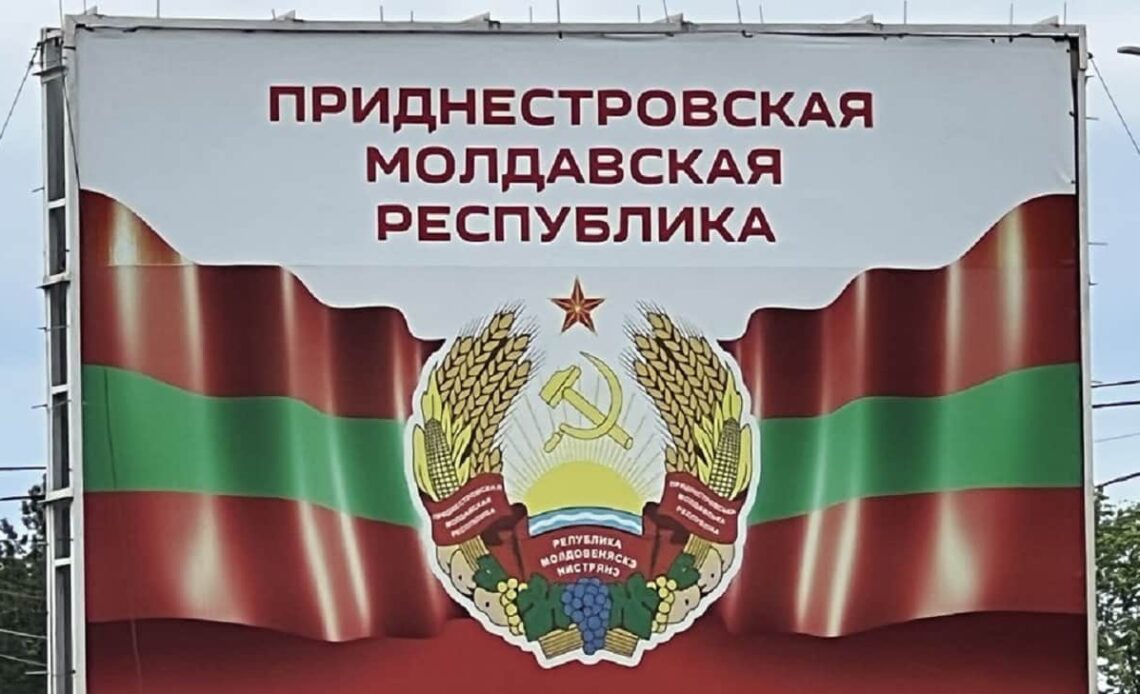Unrecognised Transnistria. Photo: Getty Images
The Institute for the Study of War (ISW) has considered several likely scenarios for Russian government actions in response to calls from “lawmakers” in unrecognised Transnistria for help, all of which are in some way linked to destabilising the situation in Moldova.
Source: ISW
Details: Unrecognised Transnistria held a congress of so-called “lawmakers” on 28 February and adopted a series of decisions that are likely aiming to provide the Kremlin with justification for a wide range of possible escalation actions against Moldova that the Kremlin could take, both immediately and in the long term.
Advertisement:
ISW noted that the Kremlin used the idea of protecting its “compatriots abroad” to justify the fact that Russian troops have occupied Transnistria since 1992 and Transnistrian officials likely made appeals to Transnistria’s residents holding Russian citizenship to create an additional narrative for escalating Russian activity in Transnistria and Moldova.
ISW pointed out that Kremlin officials and mouthpieces continue to create information conditions for using Transnistria and the pro-Russian Moldovan autonomous region Gagauzia to destabilise Moldova. However, they have not yet indicated how or for what specific purpose they intend to use such information conditions.
So far, the Kremlin has not given any signals of an immediate path to escalation following the congress of Transnistrian “deputies.” However, Russian President Vladimir Putin may respond to Transnistria’s request for help during his address to Russia’s Federal Assembly on 29 February.
The Russian Foreign Ministry stated on 28 February in response to the appeal of the Transnistrian congress of “lawmakers” that protecting the interests of Transnistria’s residents and Russian “compatriots” is one of its priorities and also promised to “carefully consider” Transnistria’s request.
The most likely course of action (MLCOA) entails the Kremlin using the congress as a platform to intensify hybrid operations aimed at destabilising and further polarising Moldova prior to negotiations on Moldova’s accession to the European Union and the upcoming presidential elections in Moldova in June and November 2024, respectively.
The most dangerous course of action (MDCOA) involves the Kremlin potentially deciding on Transnistria’s formal annexation in the future to justify military intervention against Moldova in the long term.
ISW…
Click Here to Read the Full Original Article at Ukrainska Pravda…

